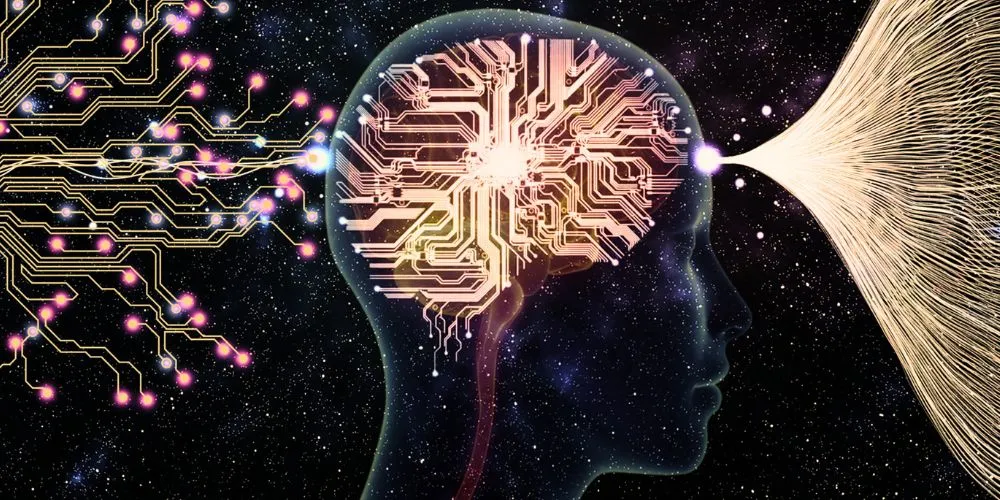The boundaries between human cognition and technology are dissolving with the advent of mind-machine interfaces. This transformative trend holds the potential to reshape how we interact with machines, from controlling devices with our thoughts to enhancing cognitive abilities. This article explores mind-machine interfaces’ dimensions, impact, challenges, and revolutionary possibilities.
Mind-Machine Interfaces
Mind-machine interfaces facilitate direct communication between the human brain and external devices.
Harnessing Brain Waves
It taps into brain activity through electroencephalography (EEG) or functional magnetic resonance imaging (fMRI). These interfaces decode brain signals, enabling users to control technology, communicate, and manipulate virtual environments using their thoughts.
Neural Integration
It integrates artificial components into neural circuits, enabling bidirectional communication. This fusion opens doors to applications that range from restoring movement to paralyzed limbs to enhancing cognitive abilities in healthy individuals.
Enhancing Human Abilities
Mind-machine interfaces hold the potential to revolutionize how we interact with technology and augment human capabilities.
Empowering Individuals with Disabilities
It offers newfound independence to individuals with disabilities. Those who are paralyzed can control robotic limbs, enabling them to perform tasks they once thought impossible, enhancing their quality of life and redefining possibilities for the disabled community.
Expanding Mental Horizons
They aren’t limited to disabilities—they can enhance cognitive functions in healthy individuals. These interfaces enable users to access information faster, multitask efficiently, and even collaborate on complex problem-solving tasks, extending the limits of human cognition.
Challenges and Innovations
While mind-machine interfaces offer groundbreaking possibilities, they also present challenges that drive innovation and research.
Signal Accuracy
Deciphering complex brain signals accurately is crucial for seamless communication with machines. Innovations in signal processing algorithms and machine learning techniques are essential to ensure that technology reliably understands users’ intentions and responds accordingly.
Ethical Considerations
As technology delves deeper into the mind, ethical concerns arise regarding privacy, data security, and the potential for invasive surveillance. Establishing robust regulations and ensuring that users’ cognitive data remains private is vital to building trust in mind-machine interface technologies.
Trends Shaping Mind-Machine Interfaces
The trajectory of mind-machine interfaces leads to trends that promise to reshape industries, education, and human interactions with technology.
Accelerated Knowledge Acquisition
It could revolutionize education. They have the potential to enhance learning by providing direct access to knowledge, enabling students to comprehend complex concepts more quickly and efficiently, and even fostering personalized learning experiences.
Neurofeedback for Mental Health
It holds promise for mental health applications. Neurofeedback can provide insights into brain activity and enable individuals to practice mindfulness, manage stress, and even treat conditions like anxiety and depression.
Conclusion
Mind-machine interfaces aren’t just a technology trend—they’re ushering in a new era of human-machine collaboration. By bridging brain and machine, we’re not only empowering individuals with disabilities but also unlocking the potential for enhanced cognition in all of us. While challenges related to signal accuracy and ethical considerations persist, innovation continues to pave the way forward.
The future of mind-machine interfaces holds the promise of accelerated learning and improved mental health, transforming industries and revolutionizing how we engage with technology. It is a journey into a future where the boundaries between mind and machine are blurred, and the potential for human advancement is unlimited.





